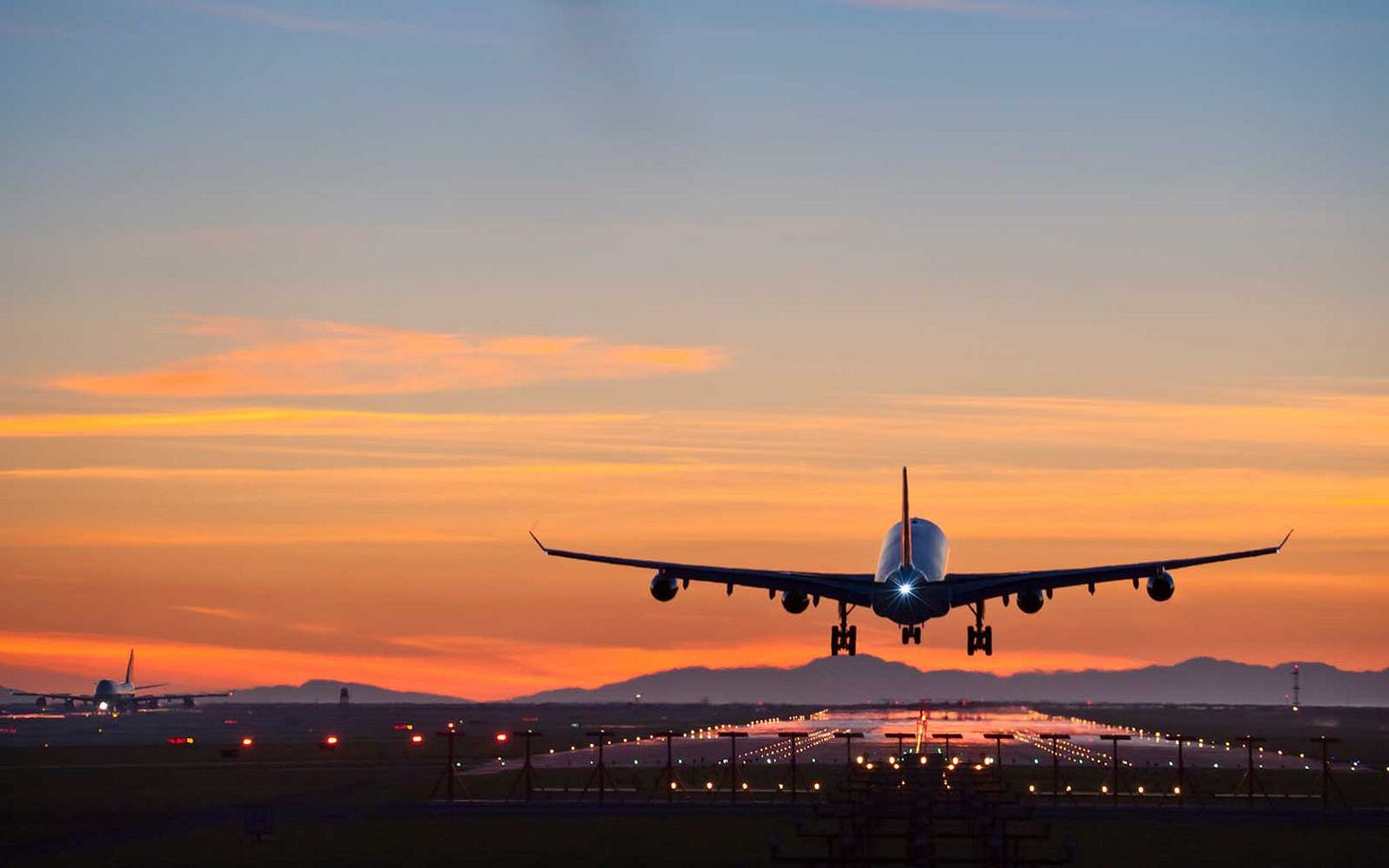Is the ANC shaking down Shell?
BEE Partner Thebe Investment wants to dump its shares
May 7th, 2024
What is going on here? Why is Shell, according to numerous media reports, "suddenly" departing South Africa after more than a century in business there? Well, first things first: apparently that is not an accurate story.
Business Day reports that Shell is not exiting South Africa, the London based company is just disposing of its “noncore” retail business, which includes its petrol stations. This is what is known as the downstream side of the energy business.
Shell's upstream business includes crude oil and natural gas exploration and extraction. Business Day claims Shell intends to retain the upstream portion of its South Africa portfolio. Though, this makes one ponder, given that environmental activists proved successful with lawfare in stopping Shell's seismic testing off the south coast. Since that court decision, Shell has asked the courts to overturn the decision to halt its exploration for oil and gas along the Wild Coast. Its appeal may be heard later this year.
If one listens to Thebe Investment Corporation and an unidentified shareholder, this is the "Great Dutch Heist." Strange, since, although it began in the Netherlands, Shell is listed in London, not Amsterdam. Thebe reportedly claims it contacted Shell in 2022 indicting that Thebe wanted to divest their 28% share in Shell's downstream Operations in South Africa. Basically, Shells SA-based refining capacity and approximately 600 to 1,000 petrol stations around the country. -- Media outlets keep reporting conflicting figures.
One of SDSA's main assets and South Africa's largest refinery, Sapref, in the east coast port city of Durban has not been operating since 2022 when Shell and its refinery joint venture partner, BP, decided on a spending freeze and halt to the refinery's operations. Flooding in 2022 severely damaged the plant, contributing to the decision to shut the refinery down. Sapref had a refining capacity of 180,000 barrels per day. Before Sapref closed, it supplied about 35% of South Africa's refining capacity.
ANC policy making and infrastructure neglect have crippled refining capacity in South Africa, driving up fuel costs. Today, South Africa is a net importer of refined petroleum products. The closures of Sapref and the country's second largest refinery Enref have been devastating. Both those refineries are on the East Coast in Durban.
Shell Downstream SA (SDSA) was formed after Shell South Africa and black empowerment company, Thebe Investment Corporation, agreed a decade ago to merge Shell South Africa Marketing and Shell South Refining businesses. Thebe held a 28% equity stake. At its current share value, the parent company Shell PLC, listed in London is trading for $73.02 for US investors who purchase American Depositary Receipts, or ADRs. That puts Shell at a valuation north of $233 billion. It appears Thebe leadership presumes its 28% stake in the downstream portion of Shell is worth a lot of money. It is NOT.
It is no secret to industry analysts that downstream operations have been an anchor on Shell earnings. The company just reported 1st quarter revenue declined nearly $15 billion with drops in every business segment, save upstream. That cut earnings by 19.8%. With the stock under pressure, Shell announced a $3.5 billion share buyback. Those are common shares, not the Thebe investment.
Shell appears to be making a business decision, Thebe appears to be aggrieved, assuming the downstream business in South Africa has value. So, who is telling us the truth? The media? Probably not. Reports on this story have been all over the place. Shell? Possibly and more likely, probably. A prudent investor can quickly suss this out. Thebe? Probably not. You see, there certainly appears to be much more to the story than Shell "screwing" over Thebe. Thebe is a BEE company.
Until this week, Thebe Investments was ostensibly an independent company. But that all changed as the Batho Batho Trust just bought a majority stake in Thebe, raising their share from 46.79% of shares to a 70% stake, or outright ownership on May 6th. What is the relationship between Thebe and the Batho Batho Trust?
Although the BBT, headed by Kenny Fihla, is purportedly run independently of the ANC by a board of trustees, its ties to the ANC run deep. In 1992, Nelson Mandela and Walter Sisulu set up the BBT, principally as a trust to benefit the ANC, though this is not stated in the trust deed. Also back in 1992, the BBT funded the founding of Thebe with R100 000 seed capital to create an investment vehicle to provide income for the trust.
In the quarter from October to Dec 2021, when the South African Municipal elections occurred, the ANC received nearly R22 million in donations. 66% of that money, or R15 million came from the Batho Batho Trust, which founded and owned nearly half of Thebe Investment at the time and as of this week owns Thebe outright, which means the ANC linked BBT owns 28% of the downstream Shell South Africa business, in a country where the ANC government regulates the price of fuels. That business no longer has a refinery in operation. Now, Shell’s virtually worthless downstream business is what Thebe wants to sell to Shell. Shell does not want the share and it’s easy to see why.
But the rot goes deeper than a shakedown. When you see that the ANC government has its dirty fingers all over this story, it suddenly makes a lot of sense why Minerals Minster Gwede Mantashe came out so strongly in support of Shell's seismic testing off the Wild Coast in September 2022. Mantashe lashed out at environmental groups and said opposition to the exploration was a "special type" of apartheid and colonialism.
What is at work here? Is the ANC, desperate for cash, trying to shake down Shell, a company which the ANC owns, well at least that magical 28% of the downstream RSA business (a token amount of Shell's global portfolio).
Colonel (Ret) Chris Wyatt




